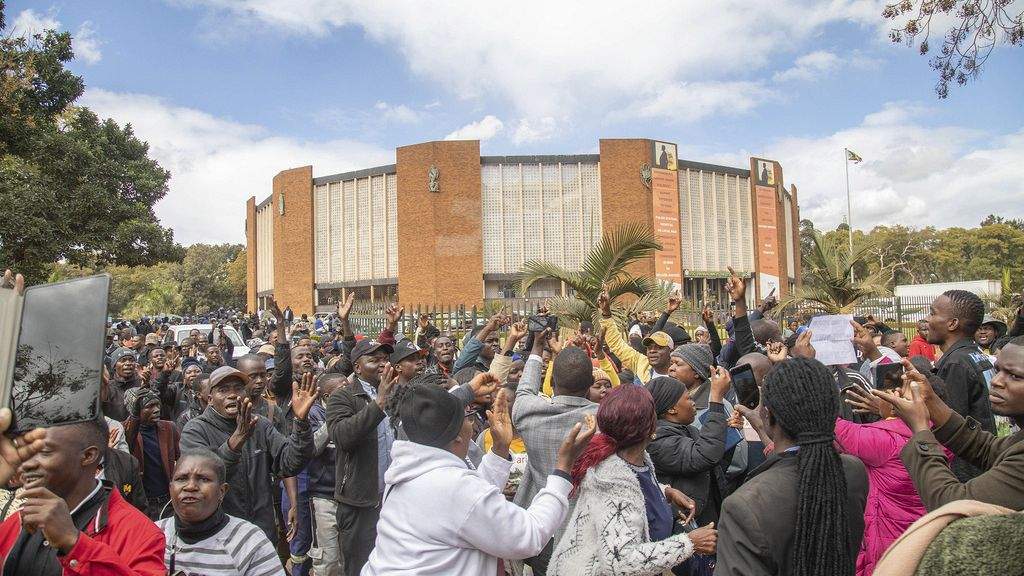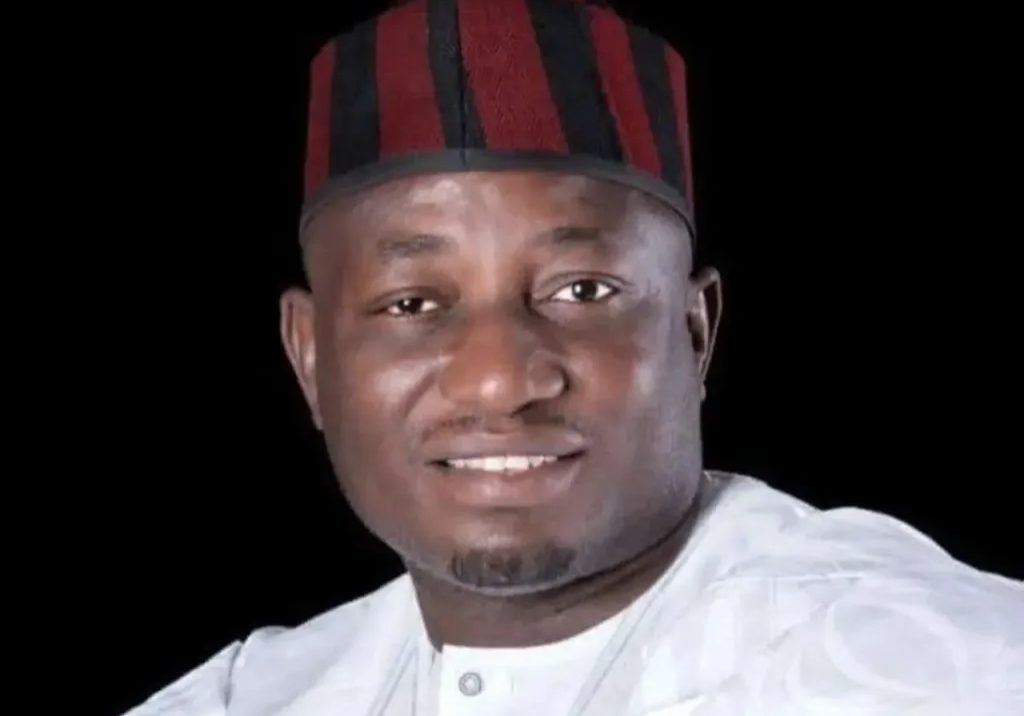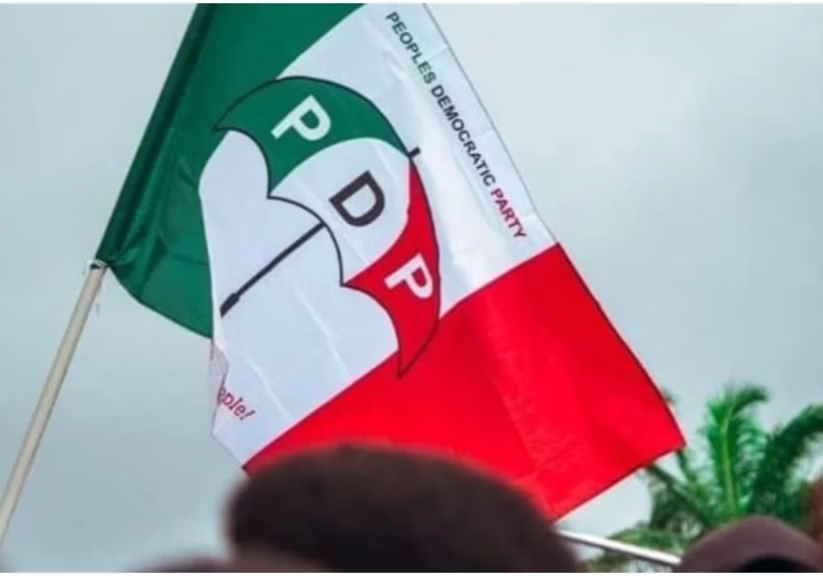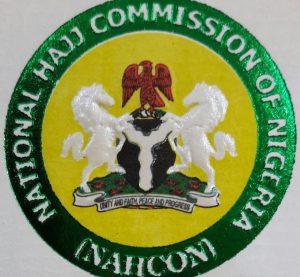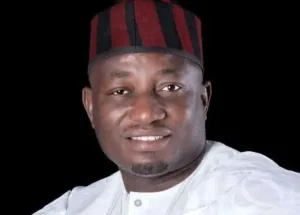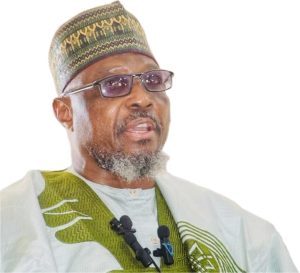On Thursday, Zimbabwean police used batons to disperse a protest by opposition supporters at a courthouse in Harare. The demonstration was sparked by the continued detention of dozens of activists, arrested in mid-June for allegedly gathering without official police clearance.
Supporters of the opposition Citizens Coalition for Change (CCC) had gathered at the magistrates’ court, where they sang protest songs and chanted demands for the release of 78 activists who had been denied bail. Tensions escalated as police, maintaining a strong presence, clashed with protesters and shoved a lawyer who was addressing journalists outside the courthouse.
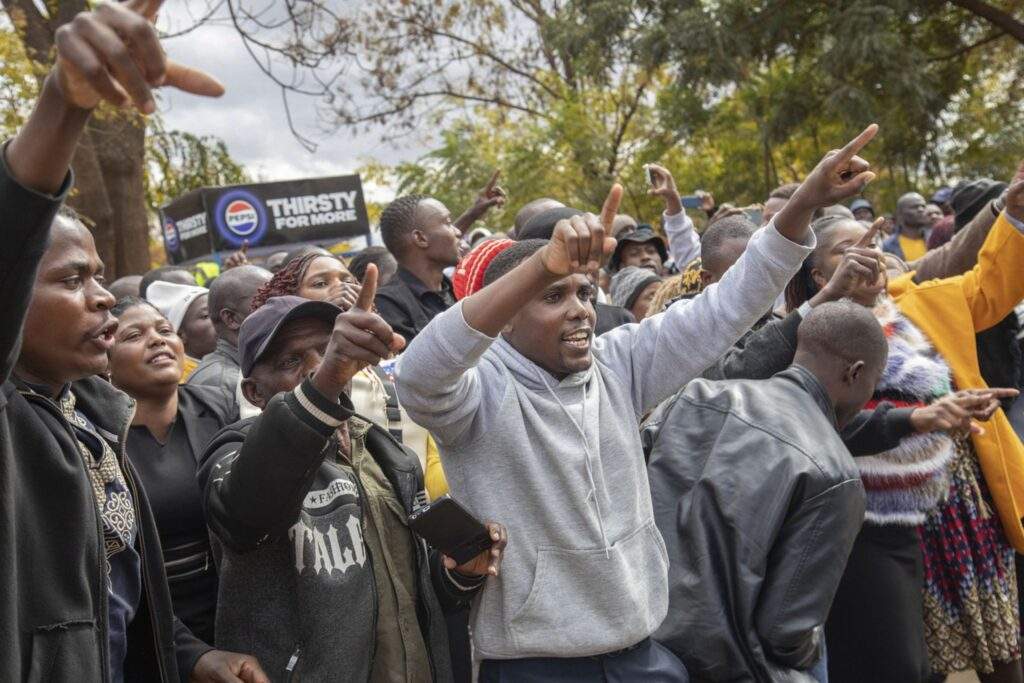
The detained activists, including Jameson Timba, interim leader of a faction of the splintered opposition party, have been held since June 16 when they were arrested at Timba’s residence in Harare. Lawyers for the activists claim they were at the house for a barbecue to commemorate the Day of the African Child, an African Union event.
The activists face charges of disorderly conduct and participating in a gathering with the intent to promote violence, breach of peace, or bigotry. If convicted, they could face a fine or up to five years in prison.
Amnesty International last week described the arrests and detention as “part of a disturbing pattern of repression against people exercising their rights to freedom of peaceful assembly and expression.” The rights group has called for an investigation into allegations that some activists were tortured while in police custody.
Amnesty and other rights organizations, both global and local, argue that the crackdown highlights ongoing repression of opposition and government critics, including university students and labor unionists, through tactics such as pretrial detention.
President Emmerson Mnangagwa, who pledged democratic reforms after taking over from the late repressive ruler Robert Mugabe in a 2017 coup, denies the allegations of repression. However, he has repeatedly warned the opposition against inciting violence.

